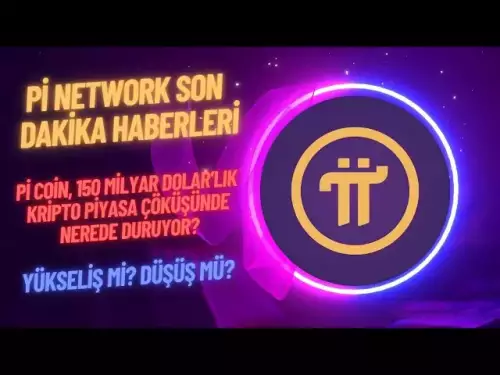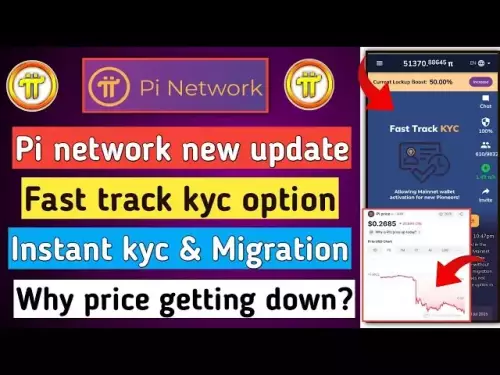 |
|
 |
|
 |
|
 |
|
 |
|
 |
|
 |
|
 |
|
 |
|
 |
|
 |
|
 |
|
 |
|
 |
|
 |
|

the price impact of large trades. Back runners place their orders after the victim’s trade, but still within the same block, to benefit from the price movement triggered by the victim’s trade.
Back-running is a strategy that is often used in conjunction with front-running. It involves observing a large trade in the mempool and placing an order in the same direction, but later in the block. This strategy benefits from the price movement caused by the victim’s trade, but without the risk of being front-run.
Back-running is typically less profitable than front-running, as the price impact of a trade diminishes over time. However, it is still a viable strategy, especially when the victim’s trade is particularly large.
Sandwich Attack
A sandwich attack is a type of MEV strategy that involves placing two trades around a victim’s trade to profit from the price impact. The searcher first identifies a victim’s trade in the mempool and places a buy or sell order before it, and then places another order in the opposite direction after the victim’s trade.
Sandwich attacks are a more advanced and profitable form of MEV strategy. They involve identifying a large trade in the mempool and placing two orders around it, one before and one after. The goal is to capture the price impact of the victim’s trade on both sides.
In this example, the searcher observed a pending sell trade for 100 SOL, which is likely to drive down the price of SOL. To capitalize on this, the searcher placed a buy trade for 50 SOL before the victim's trade, and then a sell trade for 50 SOL after the victim's trade. As a result, the searcher was able to buy at a lower price and sell at a higher price, making a profit of 0.0002 SOL (about $0.04) per sandwich transaction.
Solana MEV Data
Below is a collection of relevant, quantifiable, and contextual data to illustrate the current scope and impact of MEV in Solana.
Jito Bundles
Jito bundles are the primary method for seekers to ensure profitable transaction ordering. However, Jito data does not cover the full spectrum of MEV activity; in particular, it does not capture seeker profits or activity through alternative mempools. In addition, many applications use Jito for non-MEV purposes, such as bypassing priority fees to ensure timely inclusion of transactions.
Jito has processed more than 3 billion transaction bundles over the past year, generating a total of 3.75 million SOL in tips. This activity has shown a clear upward trend, from a low of 781 SOL in tips on January 11, 2024, to 60,801 SOL on November 19.
Jito Arbitrage Detection
Jito’s arbitrage detection algorithm analyzes all Solana transactions, including those outside of the Jito bundle, and has identified more than 90.44 million successful arbitrage trades over the past year. The average profit per arbitrage was $1.58, while the single most profitable arbitrage trade generated $3.7 million in gains, and these arbitrage trades generated a total of $142.8 million in profits.
DeezNode Sandwich Transactions
DeezNode runs a sandwich trading bot on an address starting with vpeNAL. Jito's internal analysis shows that almost half of the sandwich attacks against Solana can be attributed to this program. During a 30-day period (December 7 to January 5), the program performed 1.55 million sandwich transactions, making a profit of 65,880 SOL (about $13.43 million), with an average profit of 0.0425 SOL (about $8.67) per sandwich transaction. On an annual basis, the program will generate a profit of more than 801,500 SOL per year.
MEV Mitigation Mechanisms
Finally, let’s explore some strategies and mechanisms that are being considered to reduce or eliminate harmful forms of MEV.
Whitelisting
Whitelisting is a common approach to combating bad actors, especially those engaging in harmful MEV extraction practices. This approach involves identifying and whitelisting a set of trusted validators or transactions, while blocking or delaying transactions from other parties.
However, whitelisting can introduce several problems. Firstly, it may lead to a semi-permissioned and censored environment, which goes against the decentralized philosophy of the blockchain industry. Secondly, whitelisting can delay transaction processing, affecting the user experience, especially during periods of high network activity.
Multiple Concurrent Leaders (MCL)
The Multiple Concurrent Leaders (MCL) system offers a promising long-term solution to the pernicious MEV problem by allowing users to choose between leaders without incurring delays. If leader A acts maliciously, users can redirect their transactions to honest leader B.
However,
免責聲明:info@kdj.com
所提供的資訊並非交易建議。 kDJ.com對任何基於本文提供的資訊進行的投資不承擔任何責任。加密貨幣波動性較大,建議您充分研究後謹慎投資!
如果您認為本網站使用的內容侵犯了您的版權,請立即聯絡我們(info@kdj.com),我們將及時刪除。
-

- Ruvi AI:下一個雪崩?機構背景燃料預售狂熱
- 2025-09-27 06:00:40
- Ruvi AI正在與早期的雪崩進行比較,並具有迅速銷售的預售,強大的基本面和日益增長的機構利益。這是秋天的山寨幣選擇嗎?
-

- 迅速,以太坊和第2層:通過區塊鏈創新彌合傳統金融
- 2025-09-27 05:59:22
- Swift探索了以太坊2層用於鏈上消息,這標誌著金融的重大轉變。發現對銀行間付款和採用區塊鏈的影響。
-

- 迪拜基金,蒂克托克和美國業務:一個新時代?
- 2025-09-27 05:54:38
- 迪拜的MGX基金在監管轉變和貿易緊張局勢中佔據了Tiktok的美國運營股份。這對應用程序和美中關係的未來意味著什麼?
-

- HBAR價格看漲浪潮:強大的支持信號潛在的突破
- 2025-09-27 05:50:57
- HBAR的價格顯示出有希望的看漲信號,並具有強大的支持水平。分析師預測,由長期看漲結構和積累機會驅動的潛在突破。
-

-

- 發射崩潰後的XPL激增:從歷史高到恢復?
- 2025-09-27 05:45:53
- 等離子體的XPL代幣經歷了狂野的騎行:發射崩潰,隨後激增至幾乎有史以來高。波動性的背後是什麼,可以持續?
-

-

- 拉古納海灘,象徵性和美麗:一個新時代?
- 2025-09-27 05:35:38
- 探索Laguna Beach的魅力,令牌化技術以及數字時代美容的不斷發展的定義的交集。
-


























































